
There are many parasites that can affect your horse. Pin worms are the one of them however they are not the most severe parasites. The pin worm can make your horse experience constant itching that can lead to hair loss and broken skin which in turn will lead to an infection. Usually horses that are confined to a small stable or field that is shared are more than likely to be candidates for a pin worm infestation. They will contract the pin worms via an area that is contaminated such as grain, water and grass. The pin worm can live in the large intestine of horses when they are immature for around four months. Then they will exit via the horses anus where they will lay their eggs containing their newborn’s which in turn will fall to the ground below and begin the process again.
Diagnosis of Pin Worms in Your Horse
Usually the symptom is rather obvious. You will witness your horse rubbing his tail and dock area against posts, you can see a reddened and possibly bare patch around the dock of the horses tail. You or your vet can do something called a tape test using a piece of sticky tape that will collect a sample. The pin worm will generally have the most movement in the night so if you are going to perform this test then it is advisable to do this in the morning as early as you can. The vet will need to take the sample and view it under a microscope to get an accurate diagnosis.
Prevention of Pin Worm Infestation in Your Horse
The pin worm can multiply speedily and if one horse in your herd or block of stables has been diagnosed with pin worms, there will be a good chance that many other horses in the close proximity will also have pin worms. If pin worms are found in one horse the owner of that particular horse and the owners of the surrounding horses should scrub the stable walls and remove and replace all of the horses bedding to prevent the spread. Also it would be advisable to treat the horses for pin worms, speak to your vet on the medication needed.
How to Prevent Future Transmission
As stated, the horses contact pin worms through contaminated areas. You should place your water buckets away from the horses food. Use feeders that are elevated from the ground. Always maintain your stables and keep them clean and tidy and continually remove stools.


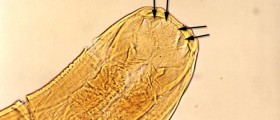



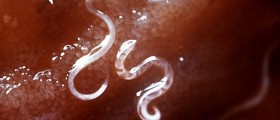
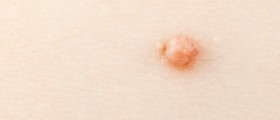


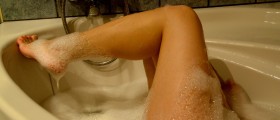

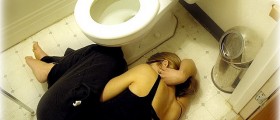
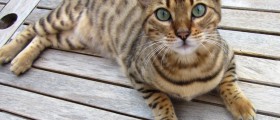

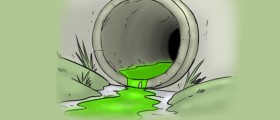
Your thoughts on this
Loading...